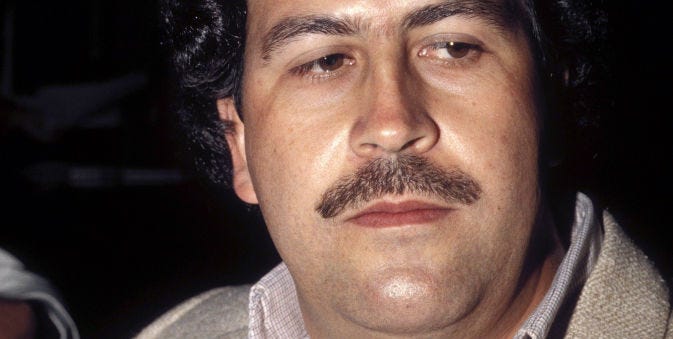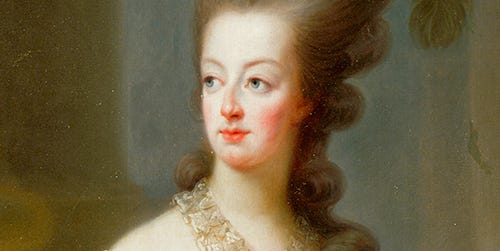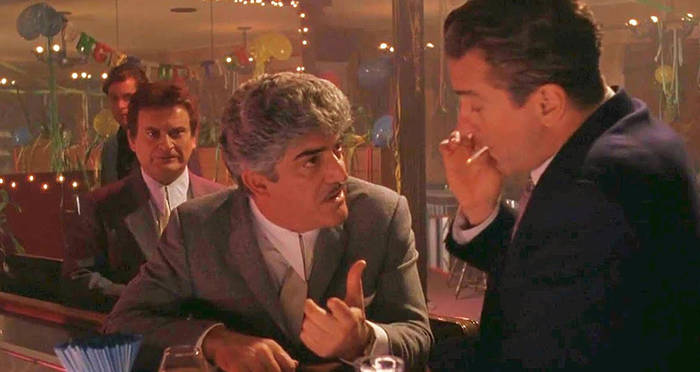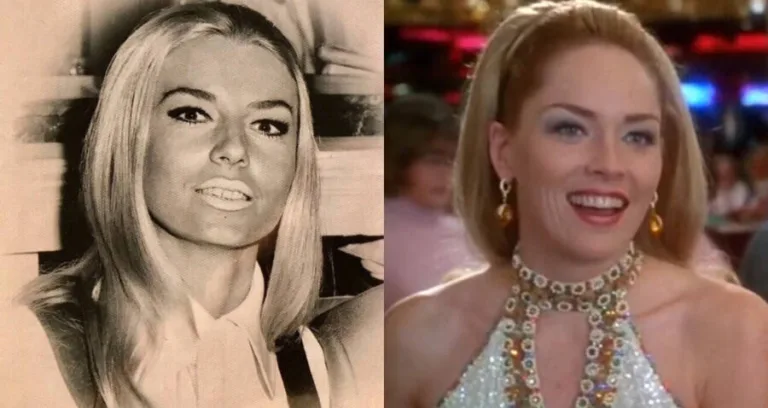Pablo Escobar’s name evokes a potent mix of fear and fascination. He was a complex figure who rose from poverty to become one of the most powerful drug lords in history. His story is a dark tale of ambition, violence, and ultimately, tragedy.
To truly understand Escobar, we need to delve into his past, explore the rise of The Medellín Cartel, and witness how he wielded power and influence over Colombia. This exploration will reveal not only the brutality of his reign but also the social and political factors that allowed him to flourish. His impact on Colombian society was profound, leaving a legacy that continues to shape the country today.
By examining Escobar’s life and times, we can gain a deeper understanding of the complex interplay between poverty, corruption, and organized crime. His Pablo Escobar Biography serves as a cautionary tale about the seductive allure of power and the devastating consequences of unchecked greed.
Rise of a Drug Empire
Escobar’s journey to becoming a drug kingpin began in Medellín, Colombia, a city plagued by poverty and inequality. He started small, involved in petty theft and smuggling before venturing into the lucrative world of cocaine trafficking. Recognizing the immense potential for profit, Escobar quickly climbed the ranks of the Colombian underworld, establishing himself as a ruthless and Ambitious Leader.
His ascent was fueled by his cunning business acumen and a willingness To Employ Extreme Violence. Escobar understood the power dynamics at play, forging alliances with corrupt officials and Intimidating Rivals Into Submission. He built a vast network of Drug Runners, distributors, and money launderers, stretching across Colombia and eventually reaching International Markets. His cocaine empire became a financial juggernaut, generating billions of dollars in illicit revenue.
Escobar’s influence grew exponentially as he used his wealth to fund social programs and gain the support of Impoverished Communities. He was portrayed as a Robin Hood figure, providing for the less fortunate while challenging the corrupt establishment. This image further solidified his grip on power, allowing him to operate with impunity for years despite growing international pressure.
The Medellín Cartel’s Reign
Under Escobar’s leadership, The Medellín Cartel became a ruthless and sophisticated criminal organization that controlled much of Colombia’S Cocaine Trade. They established elaborate networks for cultivating Coca Plants, Processing Cocaine, and smuggling it out of the country. The cartel’s reach extended far beyond Colombian borders, Infiltrating Governments, Law Enforcement Agencies, and even international financial institutions.
The Medellín Cartel’s reign was marked by violence and terror. They engaged in brutal turf wars with rival cartels, Assassinating Rivals, Corrupt Officials, and journalists who dared to expose Their Activities. They targeted judges, Police Officers, and politicians who stood in their way, creating an atmosphere of fear and intimidation throughout Colombia. The cartel’s Reach Extended Into Everyday Life, Bombing Public Spaces, planting bombs on buses, and carrying out kidnappings for ransom.
Their reign instilled a deep sense of fear and helplessness among the Colombian people. The violence became so pervasive that it crippled the country’s economy, Undermined Its Institutions, and left a lasting scar on Its Social Fabric. The Medellín Cartel‘s grip on power ultimately proved unsustainable, leading to Escobar’s downfall and the gradual dismantling of His Empire.
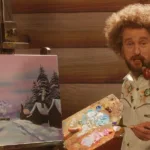 Is Carl Nargles a Real Person? Exploring Paints Bob Ross Inspiration
Is Carl Nargles a Real Person? Exploring Paints Bob Ross InspirationEscobar’s Ruthlessness and Violence
Escobar’s rise to power was built on a foundation of ruthlessness and violence. He understood that fear was a Powerful Tool, and he used it relentlessly to Eliminate Rivals, Silence Critics, and maintain control over his empire. He ordered countless assassinations, targeting anyone who posed a threat To His Authority, from rival drug lords to government officials.
His brutality extended beyond the criminal underworld. Escobar’S Cartel Bombed Public Spaces, assassinated journalists who dared to expose Their Activities, and even carried out mass killings of civilians suspected of collaborating with authorities. He turned entire neighborhoods into battlegrounds, leaving behind a trail of bloodshed and terror that traumatized generations of Colombians. His actions were calculated and cold-blooded, designed to instill fear and obedience throughout the country.
Escobar’s legacy is inextricably linked to His Violence. While he was revered by some as a Robin Hood figure who provided for the poor, his reign of terror left an indelible mark on Colombian society. His ruthlessness and violence serve as a stark reminder of the devastating consequences of unchecked power and greed.
A Manhunt and Elusive Capture
As Escobar’s Power Grew, so did the pressure to bring Him Down. Colombian authorities launched a massive manhunt, deploying thousands of soldiers and police Officers To Track Him Down. They raided his hideouts, Intercepted His Communications, and offered hefty rewards for information Leading To His Capture. However, Escobar proved to be an elusive target, always one step ahead of his pursuers.
He had cultivated a network of informants and loyalists who warned him of impending raids, allowing him to escape countless ambushes. He used his wealth to bribe officials, Build Elaborate Underground Tunnels, and even disguise himself as ordinary citizens. Escobar’s ability to evade capture for years transformed him into a folk hero for some, while deepening the fear and frustration felt by others.
The manhunt became a national obsession, with every lead scrutinized and every encounter with Escobar’s Associates Analyzed. His legendary cunning and the sheer scale of his operation made him one of the most wanted criminals in history, highlighting the complex challenges faced by authorities in combating powerful drug cartels.
Death and Lasting Legacy
The end came for Escobar in a dramatic shootout with Colombian police on December 2, 1993. He was cornered in his hometown of Medellín and killed after a fierce gun battle that left several officers wounded. His death marked the end of an era, bringing a sense of relief to many Colombians who had lived in fear for years under his reign.
However, Escobar’s legacy continues to cast a long shadow over Colombia. His cartel’s violence and corruption left deep scars on society, and its influence lingers even today. The drug trade thrives despite efforts To Eradicate It, and the memory of Escobar’s brutality serves as a reminder of the ongoing struggle against organized crime.
Escobar’s story remains a cautionary tale about the seductive allure of power, the dangers of unchecked ambition, and the devastating consequences of violence. His death brought an end to his reign of terror, but his impact on Colombia continues to be felt in countless ways.

